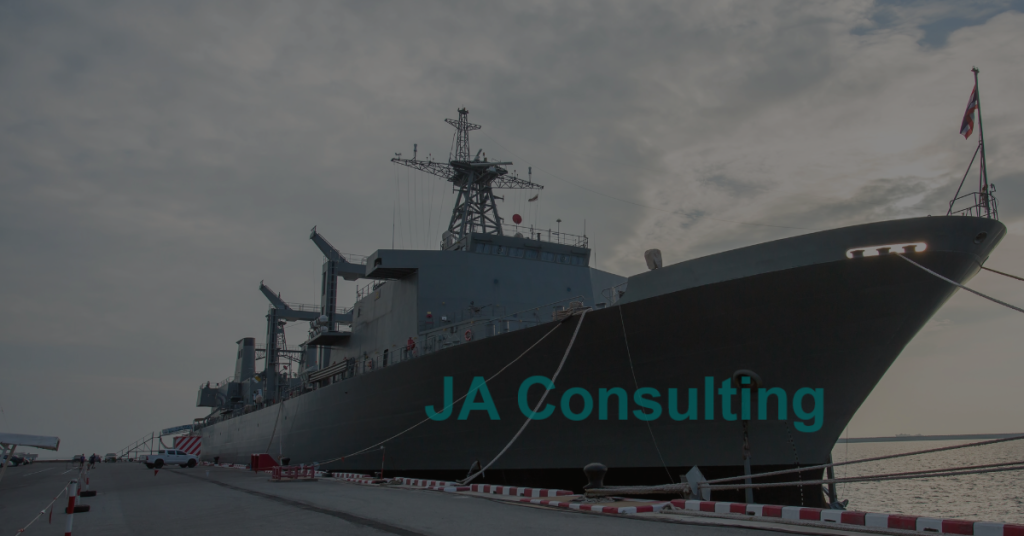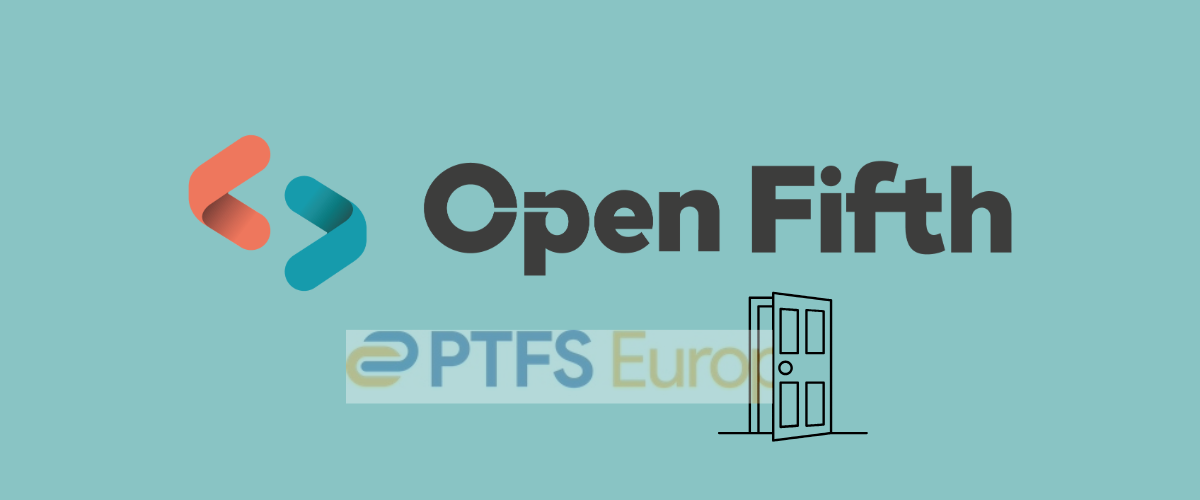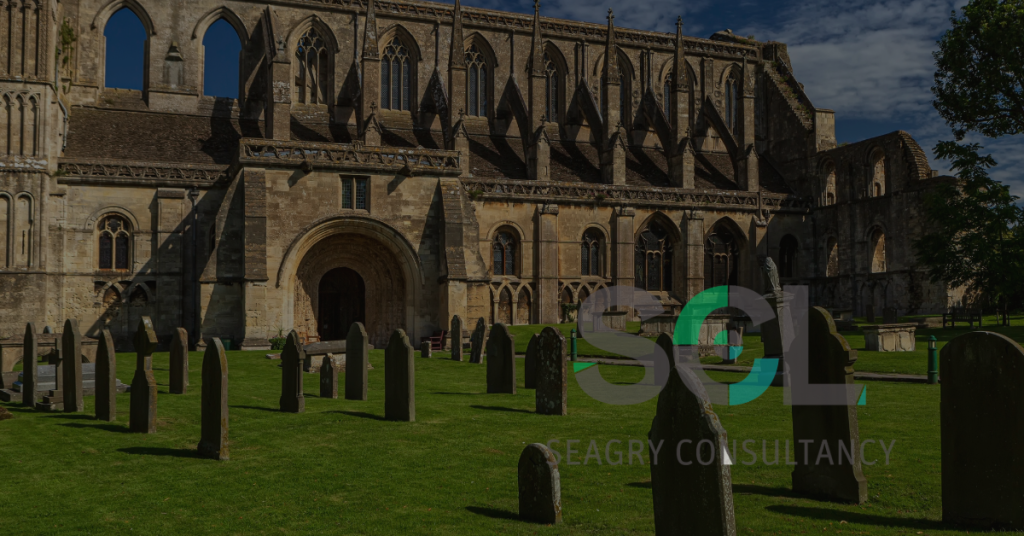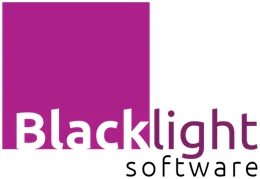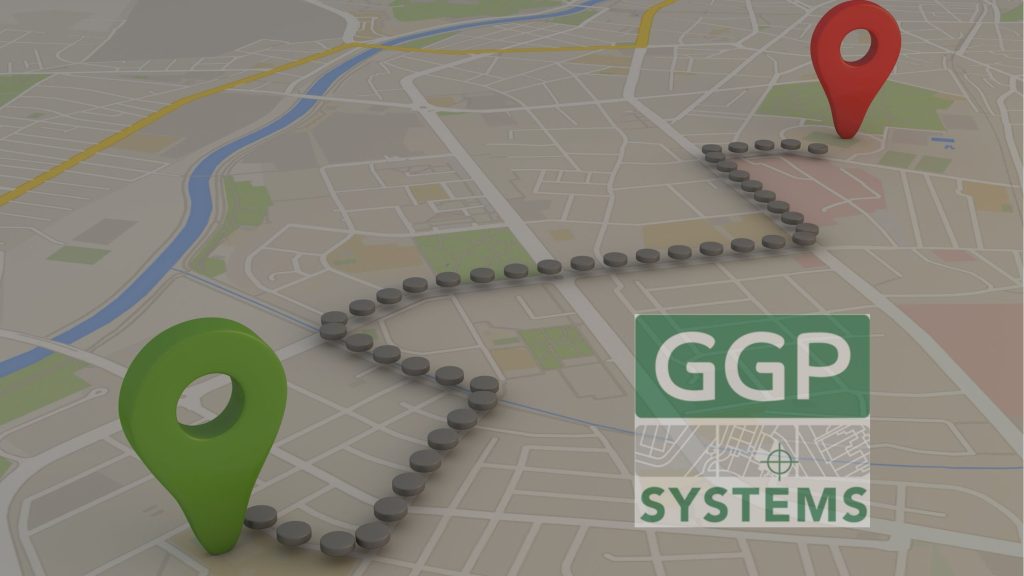
As with many specialist consultancies, Nautilus Consulting began life as a one-man business, based around the expertise of Simon Evans, who is today the company’s Managing Director. A little over seven years ago, the company began to build a wider consulting capability.
The company focuses on delivery to the NHS, of which over 90% of its work is with acute trusts (hospitals). And a large part of that work, says Paul Walsh, a director at Nautilus, is related to Electronic Patient Record (EPR) systems.
Paul joined Nautilus four years ago, in part to extend Nautilus Consulting’s geographical footprint. He is one of six directors, and specialises in the strategic consulting space, which is one of the three pillars of the business. The other two focus on implementing EPR systems and helping customers to leverage their software investments via innovative product offerings.
The company runs lean, employing 30 people, of whom only two are non-billable. In addition to these, there is a pool of active associates, which rises and falls from month to month. In total, the company currently has around 100 consultants working on projects.
Without a dedicated salesforce, Nautilus relies on repeat business and word-of-mouth referrals.
“The fantastic thing, especially over the past three years, has been the amount of word-of-mouth business we’ve won. Our sales are delivery-led. We never drop below 90% utilisation. Since the pandemic began, we’ve been maxed out. This year, we’re expecting a 250% increase in revenue compared to three years ago”
Electronic Patient Records
EPR systems, which account for most of Nautilus’s revenue, have always been a headache for the NHS. “The lack of joined-up records is a problem the NHS has been trying to solve for the past two decades,” Paul says. “There was a national programme over a decade ago, aimed at creating a national records system, but that failed. There are lots of systems in different places, and they often don’t speak to each other. Now with the creation of ICSs [Integrated Care Systems, which plan and budget for several trusts collectively], things are becoming much more joined up, much more effective.”
What does the EPR market look like? “There are five to 10 major suppliers. Most customers want a mature EPR. The NHS is quite conservative, and prefers tried-and-tested systems over cutting-edge ones. Although there are local suppliers, over time there’s been movement towards large US providers.”
Does Nautilus have a favoured EPR system? “No, we’re totally independent – we have to be to run procurements. We facilitate customers to get the outcome that’s right for them. We design the procurement, facilitate the software evaluation – but we don’t run the evaluation. There are of course certain systems that we have more experience with, mostly because they have been more successful in the market, but we aren’t tied to them.”
The dream of a single, national view of patient records is still years away. When asked about ICS systems joining up, Paul says “We’re a long way from that stage. Tim Ferris [head of NHS England and Improvement’s Transformation Directorate] is talking about convergence across ICSs. The IHE is creating standards for intercommunication that the NHS is adopting. The approach now is to create a unified system across each ICS and then work on interoperability.”
Nautilus Consulting has partnered with Bramble Hub to provide EPR consultancy services for two NHS trusts, and further work is in the pipeline. For more information, see their partner page.



